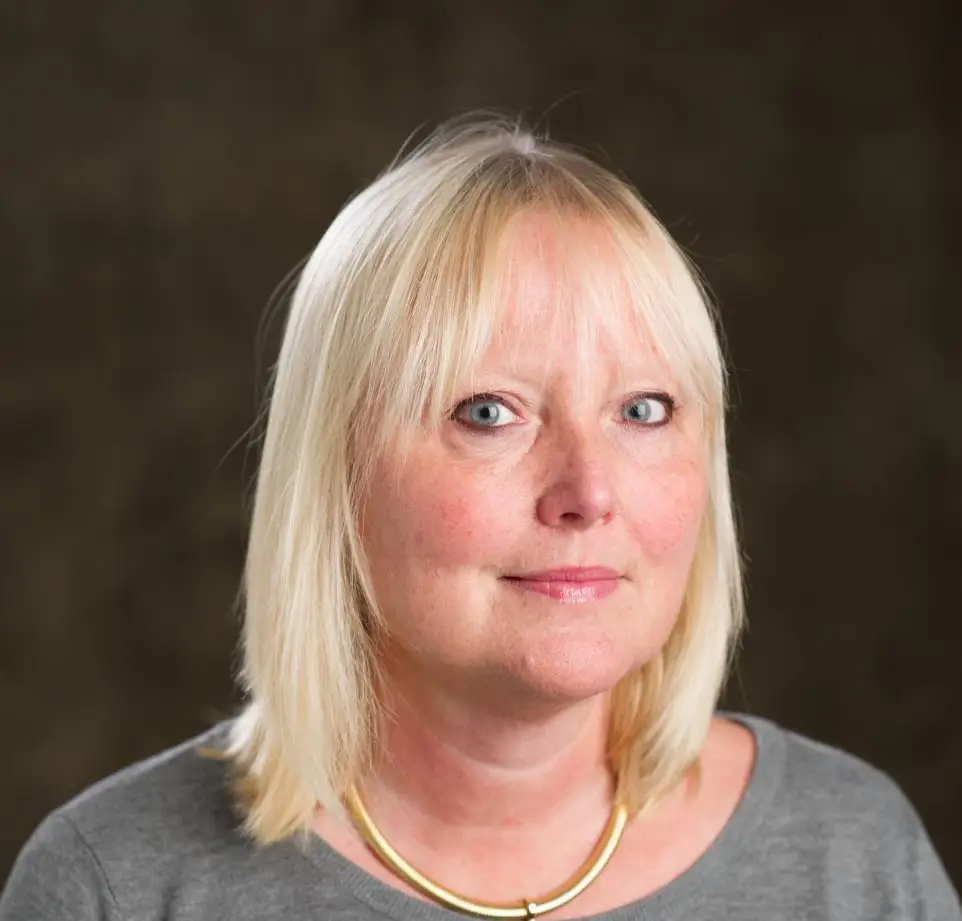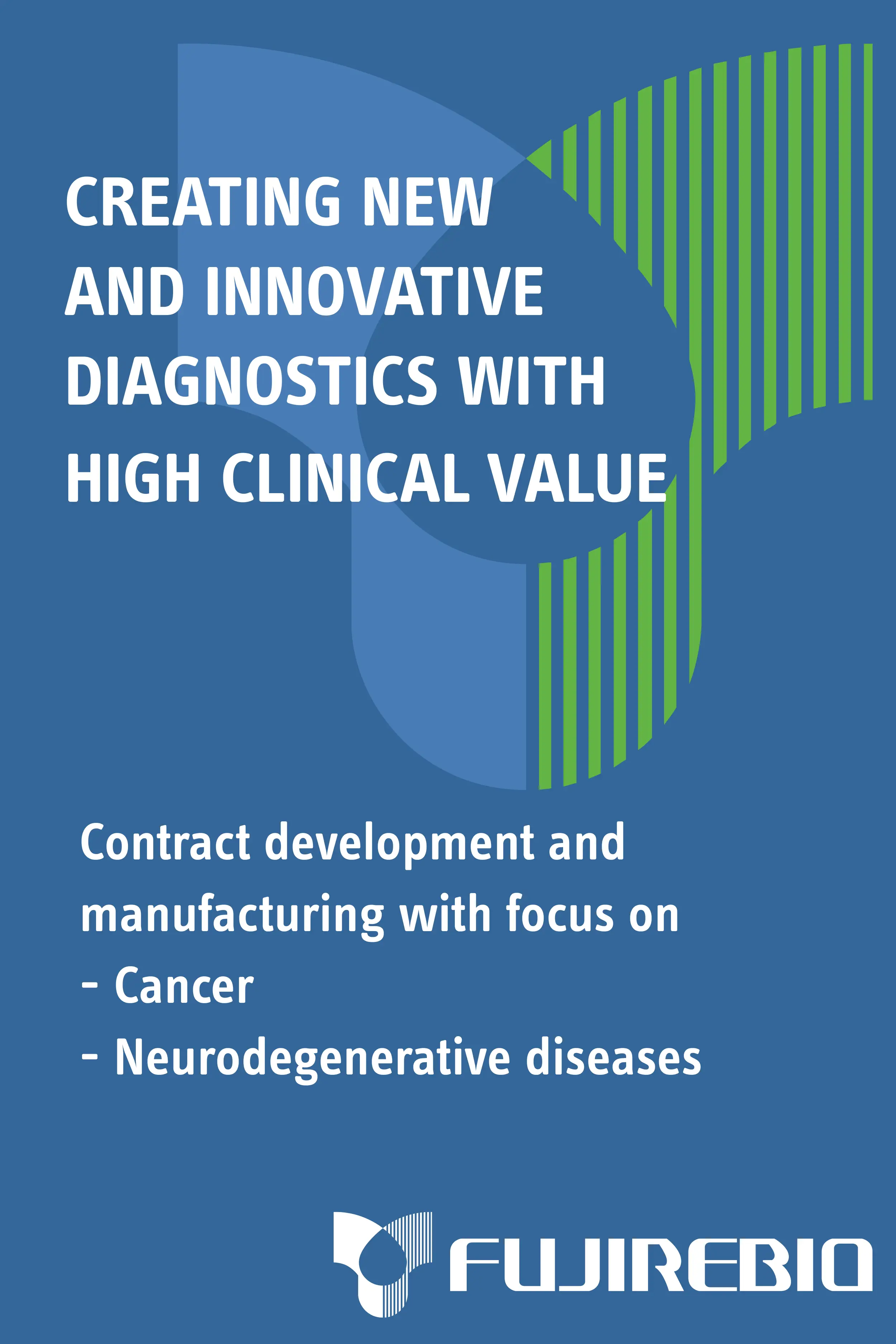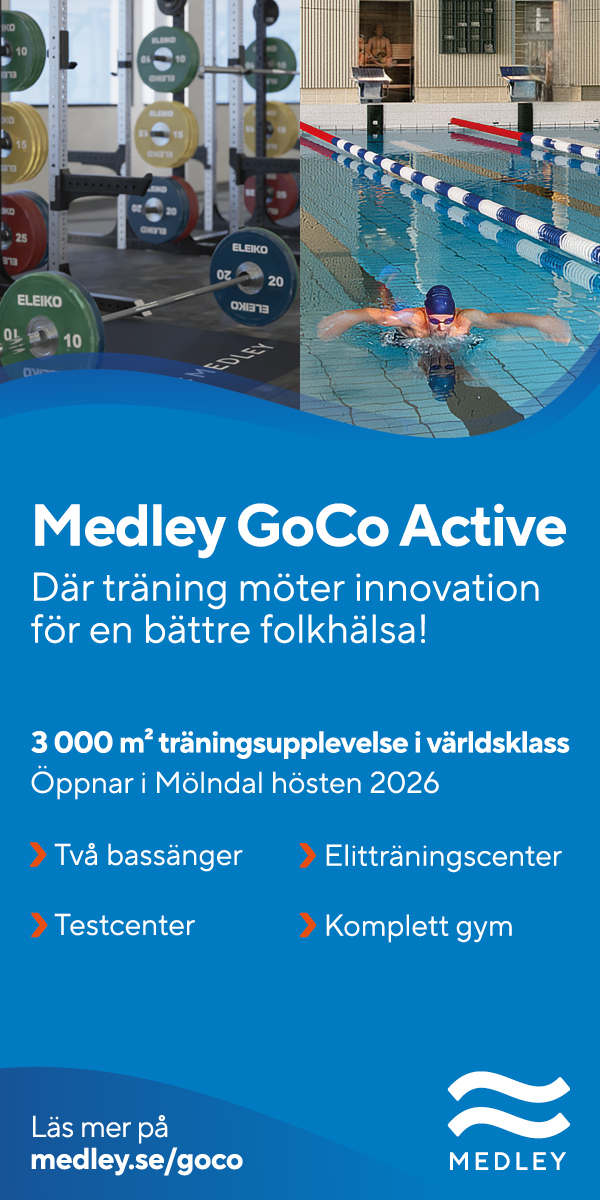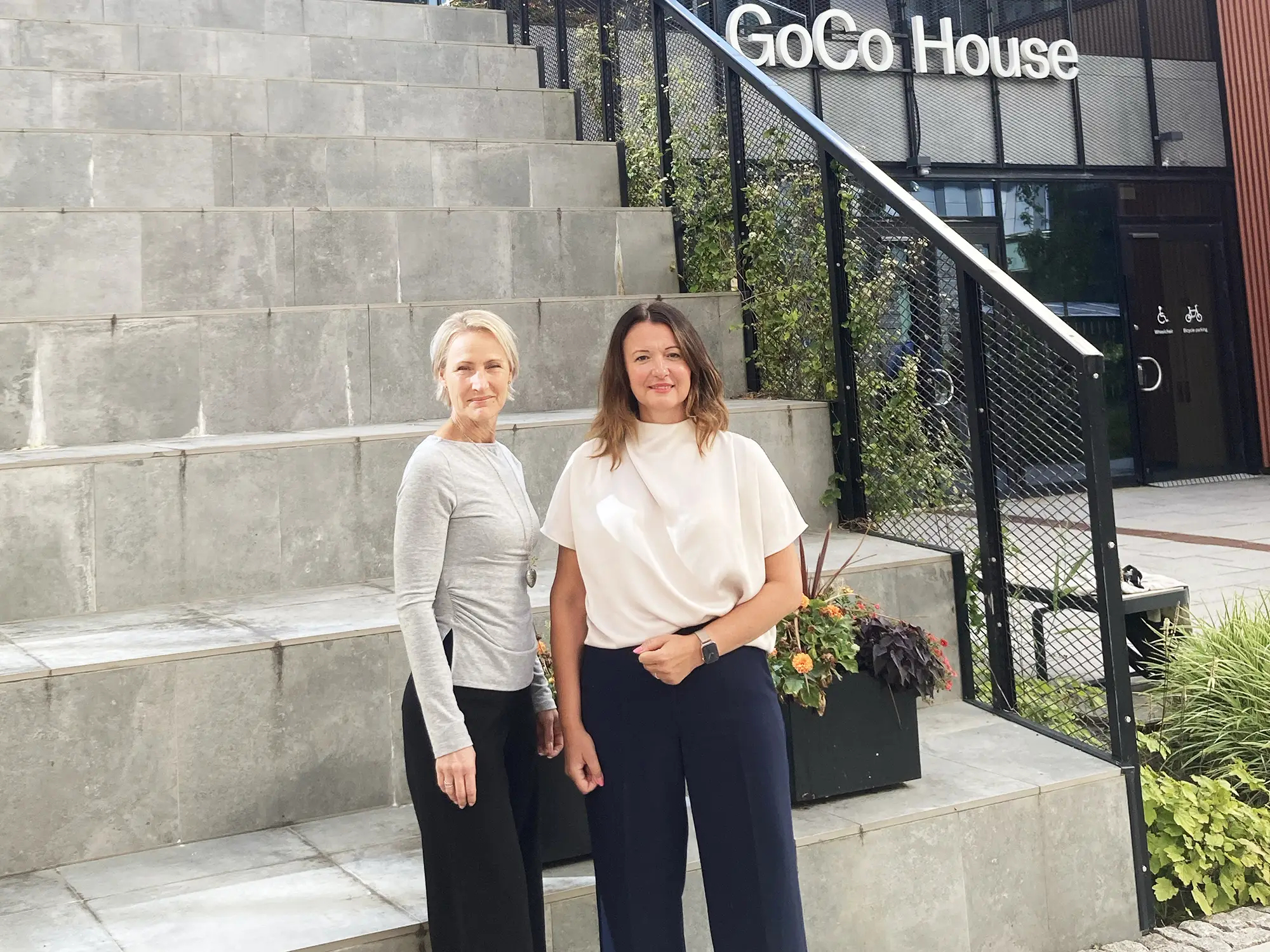Childhood Cancer Researcher Prf. Ann Nordgren: Continues the search for inherited genetic causes of childhood cancer

For several decades, Ann Nordgren has been a central figure in Swedish childhood cancer research. Today, she combines her work as senior consultant at Karolinska University Hospital in Stockholm and Sahlgrenska University Hospital in Gothenburg with a professorship and research position at the Sahlgrenska Academy and Karolinska Institutet.
– Put simply, much of my work focuses on trying to understand why children develop cancer, and why some are born with malformations and intellectual disabilities, Ann explains.
With a mother who worked at the children’s hospital in Gothenburg, Ann was exposed early on to the conditions and struggles of sick children, and decided at a young age to become a physician and in some way help children in need.
– My mother often spoke about the children, and sometimes I accompanied her to work. Meeting sick children made a strong impression. Today, 85 percent of children with cancer in the Western world are cured thanks to research and advances in healthcare, but at that time survival rates were much lower. I was still very young when I became convinced that I wanted to become a doctor.
In the final year of her medical studies, Ann moved to Stockholm, where she later remained and completed her PhD in clinical genetics at Karolinska Institutet in the mid-1990s. For more than 30 years, she has combined research and clinical work specializing in clinical genetics.
– As a clinical geneticist, I investigate children with various genetic syndromes. In the laboratory at Karolinska Institutet, we perform genetic analyses, and I meet patients for diagnostic assessments where, through careful clinical examination, blood sampling, and genetic testing, we are able to identify genetic diagnoses.
Initially, Ann focused mainly on children with cancer diagnoses. However, when she discovered that the same genes mutated in cancer cells are also altered in children with certain syndromes, she broadened her scope. Today, she is also active in efforts to improve the quality of life for individuals with rare conditions, including syndromes associated with an increased cancer risk.
– It was precisely this link between mutated cells in childhood cancer and congenital alterations in children with syndromes that sparked my interest in rare diseases. For a long time, we believed that childhood cancer was a matter of chance, but we are now uncovering more and more evidence that there are multiple underlying causes, and that some of them are genetic and hereditary.
Study on Down Syndrome
Ann leads research groups at the Sahlgrenska Academy and Karolinska Institutet focusing on rare diagnoses at both the clinical and molecular level, aiming to improve genetic diagnostics, increase knowledge of genotype–phenotype correlations, and gain deeper insights into the biological mechanisms that lead to disease.
– We know that children with Down syndrome have a 20-fold increased risk of developing ALL, a 500-fold increased risk of developing AML before the age of five, and an elevated risk of testicular cancer. We are currently conducting one of the largest studies worldwide in this field, analyzing 9,742 individuals with Down syndrome to identify new prevention and treatment strategies.
For several years, Ann has also been engaged in the national initiative Genomic Medicine Sweden (GMS), which works to expand access to comprehensive genome sequencing for patients across Sweden, leading to improved diagnostics and more individualized treatment. Driven by her interest in genetic predisposition to childhood cancer, i.e., a congenital increased risk of developing cancer, Ann led the large GMS research project ChiCaP – Childhood Cancer Predisposition between 2020 and 2024. The aim was to detect inherited genetic alterations as early as possible in order to adapt treatment, medication, and radiation therapy, thereby saving lives and improving quality of life. More than 500 children with solid tumors, including central nervous system (CNS) tumors, as well as leukemias, underwent whole-genome sequencing to investigate the prevalence and clinical significance of germline genetic variants.
– By analyzing blood smples, we examined the children’s genomes for inherited alterations in 189 genes known to increase childhood cancer risk. Results from the first 309 children showed that 11 percent had a genetic predisposition. The study, funded by the Swedish Childhood Cancer Fund, resulted in whole-genome sequencing becoming part of clinical routine in Sweden for all children with cancer. This now allows us to routinely map mutations in tumor cells as well as underlying germline causes of childhood cancer, information that can be crucial for treatment and follow-up.
New discoveries in the genome
Research on inherited genetic alterations is a relatively young and expanding field, where new findings in germline genetics are continually being made. Among the first 500 children examined in ChiCaP, 50 had close relatives who had also developed childhood cancer, and another 100 presented with symptoms suggesting an underlying genetic disorder in addition to cancer.
– Childhood cancer is rare; in Sweden, only about 350 children are diagnosed each year, and most of them are very young. That multiple children within the same family develop cancer is remarkable, and something we need to study further.
In December 2024, Ann and her colleagues in the GMS ChiCaP team were awarded six million SEK by the Swedish Childhood Cancer Fund to improve diagnostics and care for children with a congenital increased risk of cancer.
– Children with an inherited predisposition have gene variants that impair the body’s ability to regulate cell division or repair DNA damage. With advanced gene technology, long-read sequencing, we can now access previously hidden regions of the genome to uncover additional genetic factors not yet identified.
Over the coming years, Ann aims to continue characterizing inherited alterations in children, investigate experiences of genetic testing among patients and families, and seek answers as to why many childhood cancer survivors develop severe late effects later in life.
– I want to find out whether there is a link between germline genetics, treatment, and late effects, and whether it is possible to reduce the risk of such complications. Research is still just as exciting to me, and even more so today because the projects have become increasingly multidisciplinary.








-1%20kopiera.webp)










